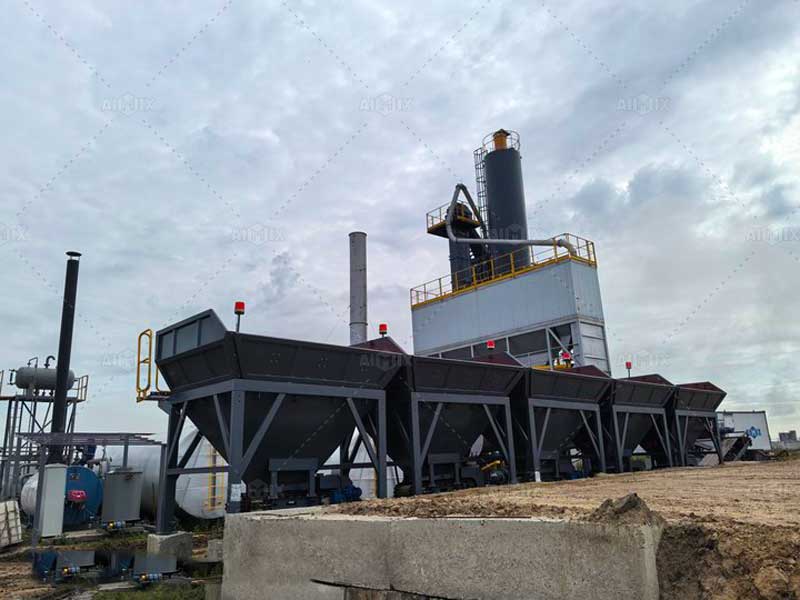


Explore whether a mobile asphalt plant is the right choice for your small-scale road construction needs. Find insights on efficiency and practicality.
When it comes to building or maintaining roads in remote or narrow areas, many contractors wonder if a mobile asphalt mixing plant is the right choice. Should they invest in a compact, moveable solution, or stick with traditional methods? In this article, we’ll explore how mobile asphalt mixing plant can meet the real needs of small-scale road projects—and why more contractors are turning to them for cost savings, flexibility, and speed.
Small-scale road projects come with unique challenges. Unlike large highways or urban infrastructure, these jobs often happen in rural areas, villages, or tight inner-city roads. The following pain points are common:
Because of these factors, contractors often look for a solution that is flexible, compact, and efficient. This is where mobile asphalt mixing plants enter the picture.
Compared to stationary asphalt plants, mobile units are built for movement and fast installation. Most models are trailer-mounted and can be relocated between job sites. Their compact layout fits into smaller construction zones, and they require minimal civil work to get started.
These features make portable asphalt plants especially attractive for temporary or distributed projects. But let’s take a deeper look at how they add value to small-scale road construction.
Now that we know how mobile plants work, let’s examine their advantages in small-scale road jobs. The following points show their practical value:
Producing asphalt directly on-site removes the need for long-distance transportation. This saves fuel costs and prevents material delays. More importantly, it reduces asphalt temperature loss, which can affect pavement quality.
With a mobile plant, you avoid the expenses of renting stationary equipment or purchasing premixed asphalt from third parties. You produce only what you need, when you need it—cutting waste and controlling expenses.
Mobile plants allow you to start work almost immediately after setup. For small-scale roads, this speed is crucial. The faster you finish, the sooner traffic can resume, and the lower your labor costs.
Need to handle several road sections across a region? A mobile asphalt plant can travel with your team. Whether you’re patching roads in different villages or paving access routes in a mining site, it gives you continuous production wherever you go.
Clearly, mobile asphalt plants offer more than just convenience. They provide strategic benefits that impact both quality and profitability.
Not all mobile plants are equal. When selecting one, consider these important factors:
Also, think about the road size and expected traffic. For light village roads, a 20–40 t/h mobile drum mix plant might be ideal. For larger district roads, you may need a 60–80 t/h capacity.
In Indonesia and Southeast Asia, mobile asphalt mixing plants are used in projects such as:
Contractors choose mobile solutions not only for convenience but because they get real control over timing and materials. For governments or private developers managing remote infrastructure, it’s a smart investment.
If you work on short-term or remote road projects, a mobile asphalt mixing plant can give you the independence and control you need. It reduces logistics costs, improves response time, and helps maintain quality standards even in hard-to-reach areas.
On the other hand, if you manage long-term projects in a fixed location, a stationary plant might still make more sense. It all comes down to your project scale, location, and workload flexibility. Get to know the asphalt mixing plant harga at right!
| https://aimixgroup.com/asphalt-mixing-plant/indonesia/ |
